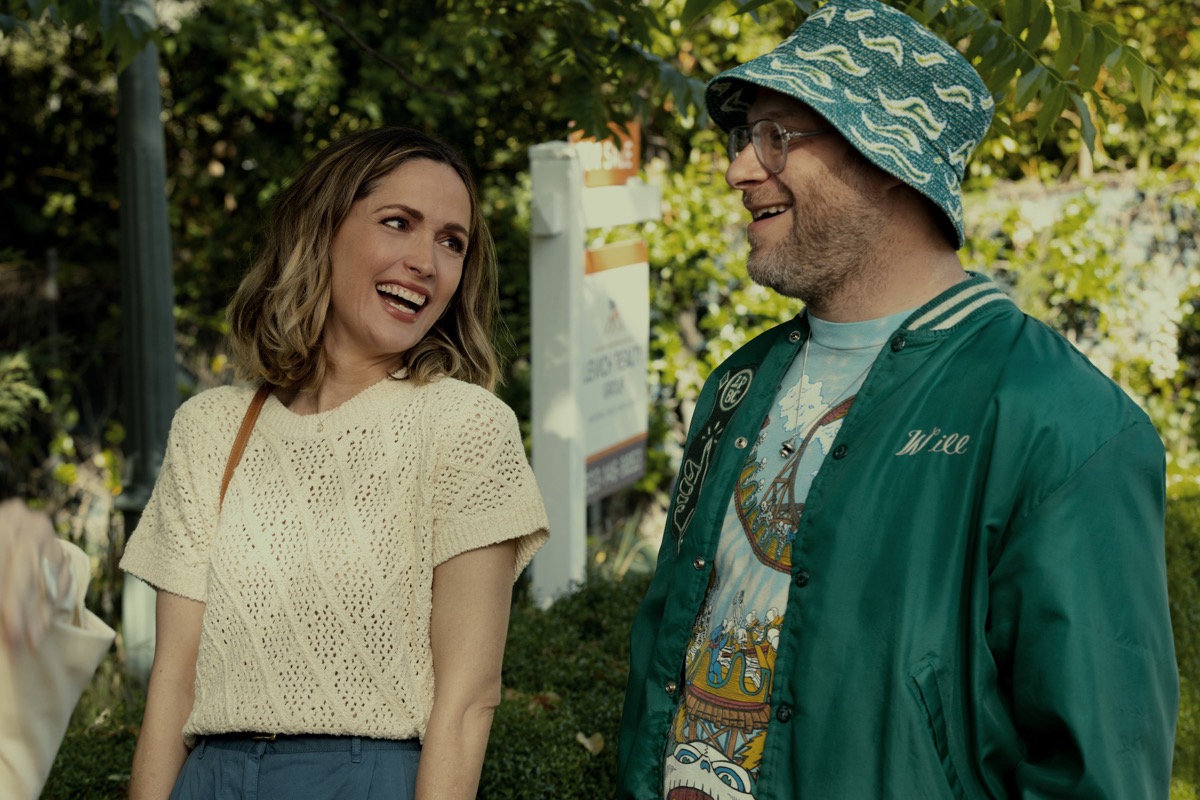Study Reveals That Young People Want To See More Realistic Relationships on Screen

The results of a recent UCLA study further prove that viewers want more realistic relationships in media. The study probed adolescents’ thoughts on TV and film and found that a good portion of them want to see more diverse and realistic relationships onscreen.
It’s no secret that many Hollywood movies and TV shows are lacking when it comes to depicting romantic relationships. Disappointingly few films and shows feature LGBTQ+ storylines or characters, and when they do, they’re often hidden and subtle. Perhaps the most underrepresented orientation is those who identify as asexual or aromantic. Most individuals would be hard-pressed to think of a single show or movie with an explicitly asexual character. Besides underrepresentation, films and TV shows also have a massive problem with hyper-sexualizing women, utilizing tired romantic tropes, and depicting highly unrealistic relationships.
As a society, we’re starting to move away from the old-fashioned idea that one can only find fulfillment through romance. Yet audiences are still constantly inundated with this glorification of romance in films. It’s difficult to find films about women that aren’t wholly focused on a romantic relationship or sex. Additionally, films often express the idea that men and women can’t interact in any capacity without ending up in a romantic relationship. Many major films—like Fifty Shades of Grey, Twilight, and The Notebook—go so far as to glorify toxic relationships or give viewers completely false expectations of what relationships look like.
Now, even adolescents are recognizing the issues with onscreen romances.
Young audiences want more realistic and diverse relationships

UCLA published the results of a “Teens & Screens” study that compiled data on what participants aged 13 to 24 think about romance in film. The study found that the majority of adolescents (51.5%) “expressed a desire for more content centered around friendships and platonic relationships.” In contrast, only 15.2% disagreed with wanting more friendships/platonic relationships on screen. Similarly, 44.3% expressed that romance in media is overused, and 47.5% stated that sex isn’t necessary for the plots of many TV shows and films.
What’s most interesting is that almost 40% of participants wanted to see more aromantic or asexual characters in film and TV. Given how underrepresented these individuals are, it’s quite intriguing that so many adolescents are interested in seeing them depicted on screen. While interesting, these sentiments shouldn’t come as a surprise. HBO learned the hard way that sex alone doesn’t sell when The Idol became its worst-reviewed show of all time with its sexist and exploitative premise. However, Barbie, a female-focused film notably devoid of sex scenes, is one of the biggest movies in 2023. UCLA’s study pulled a quote from Olivia Rodrigo, which touches on one of the reasons Barbie is so big. The singer said, “I remember walking out of Barbie and being like, ‘Wow, it’s so long since I’ve seen a movie that is female-centered in a way that isn’t sexual or about her pain or her being traumatized.'”
Though studios are already getting the wrong idea from Barbie (Mattel has plans for a toy cinematic universe), what people really love about the film is that it’s female-led, female-focused, and realistically captures the female experience. Fairy tale romances aren’t realistic, nor are they what every man or woman wants. UCLA’s study also points out that many people, especially Gen Zers, are increasingly choosing to remain single. There’s a reason why Miley Cyrus’s “Flowers” was so popular this year—we’re starting to realize that there’s nothing wrong with finding freedom and empowerment in being independent.
Relationships are so much different today than they were in the past. We’re recognizing that all orientations and identities exist, that not everyone wants to be in a relationship, and that we really shouldn’t be giving men the idea that every single interaction with a female will turn into a romance. It’s time that the film industry starts recognizing this, too. Audiences want films that reflect reality, and the reality today is that relationships are messy, diverse, or sometimes not even a part of our lives. Studios need to listen to what viewers want and start adapting to reflect modern values.
(featured image: Apple TV+)
Have a tip we should know? [email protected]